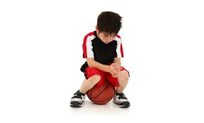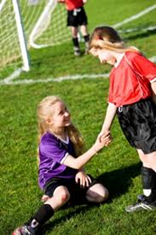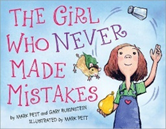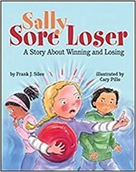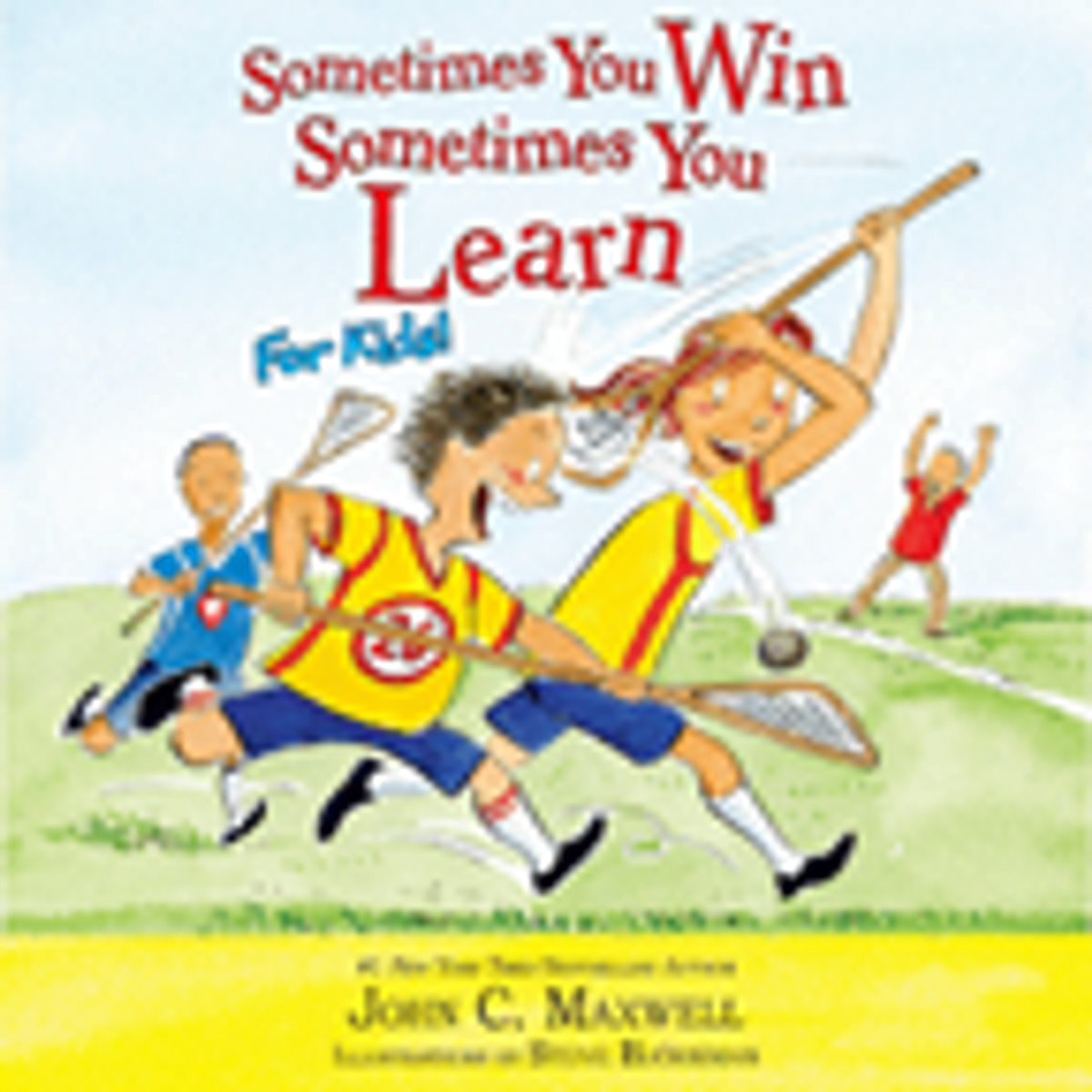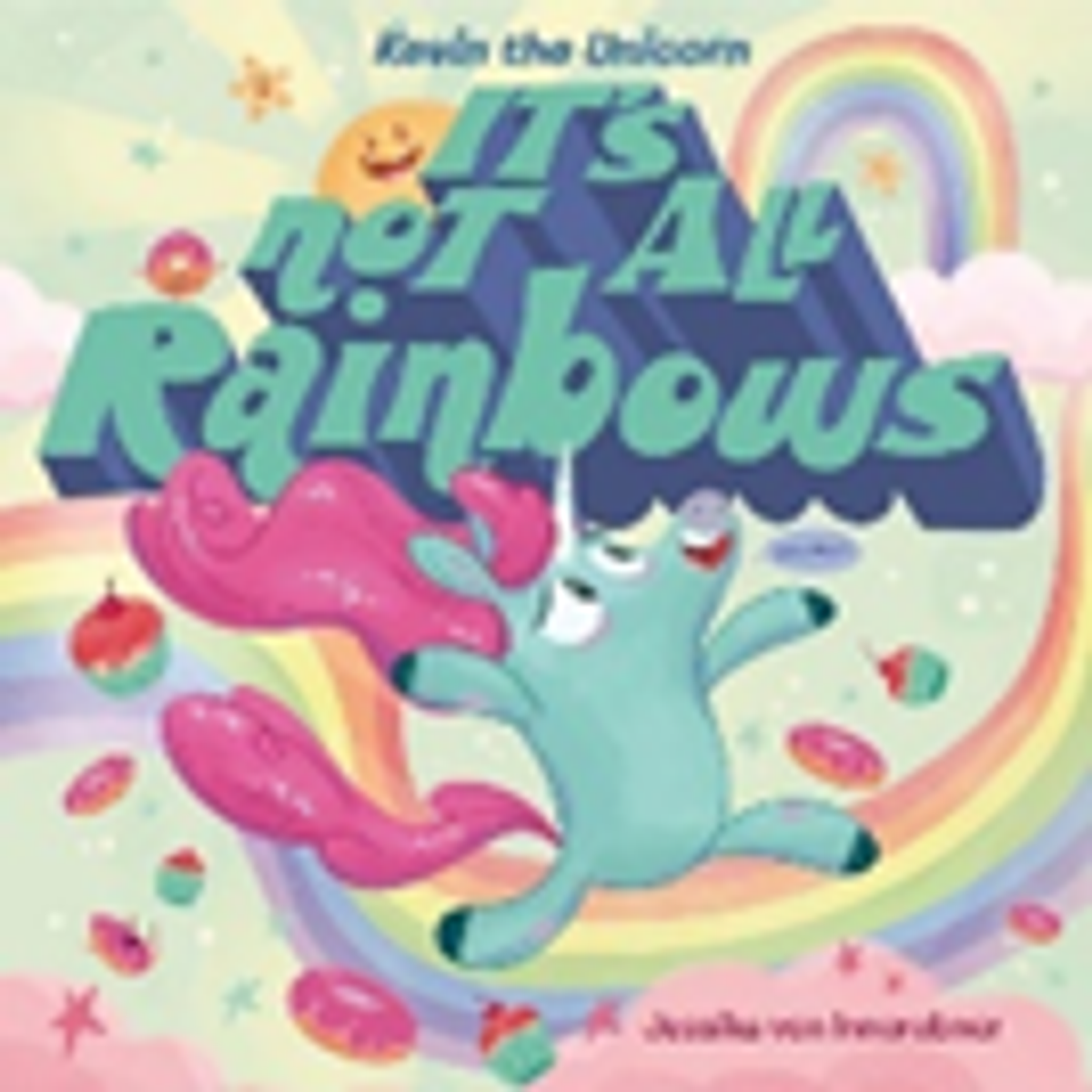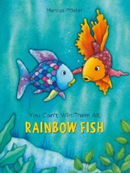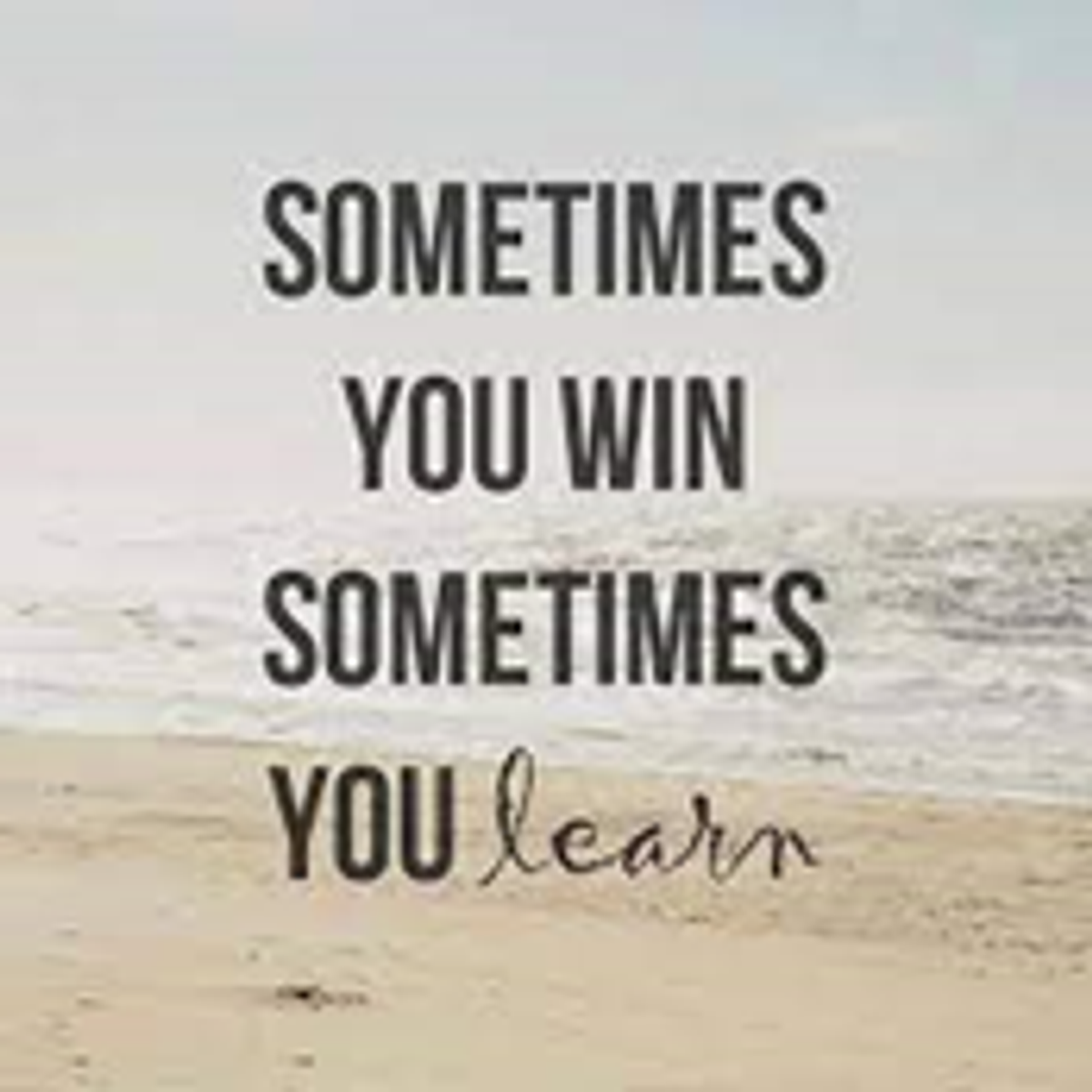Chaplain's Corner

Hi Everyone,
What a resilient lot we are at ACPS! The students made us all proud as they strived to be and do their best during Athletics Day on Thursday, despite the threatening weather!
With AthleticsDay this week my thoughts turned to ‘winning’ & ‘losing’ and how important it is for our children learn to both win and lose well. How children cope with winning or losing can teach them some important life lessons.
Losing can be difficult or it can be a chance to learn. Ask any Hawthorn supporter - “Yes, we will win next year!” I digress!
When my son was 4 years old, we were on a family holiday to Lakes Entrance. We spent time at the beach during the day and played board games at our motel in the evenings. One game most of us enjoyed was ‘Mousetrap’ until it came to losing – our son’s mouse got caught, so he ran to his room angry and upset (familiar story?). It wasn’t until some weeks later that we decided to play ‘Mousetrap’ again at home – oh no, one mouse missing! You guessed it – our son had thrown it under the bed at the motel! So, if you are ever in Lakes Entrance …… we would love it back, LOL!
While it is important for parents to teach children to win and succeed, teaching them to lose is just as important. By showing them that losing is not the end of the world, children learn that life is full of second chances. It also develops resilience and empathy. Hard work and determination is never wasted no matter what the outcome is.
What Can Children Learn from Winning? Winning a game or being the best in the class gives children a good feeling about themselves and makes them proud. It shows them that they are good at something which builds their self-confidence. A confident child is more likely to develop a ‘can-do-attitude’. The experience of winning helps children get motivated to take the next steps to achieve even bigger goals, such as jumping even further. Competition is also helpful to inspire children to do more than is required.
Games Are Not Just about Winning
The importance of teamwork, commitment to a task, cooperation, and respect for the opponent are learnt. Every game is also an opportunity for children to learn to play by the rules. Even though these rules seem arbitrary to children, they need to learn that rules serve particular purposes.
What Can Children Learn from Losing?
The feeling of losing and moving on are skills children need to develop to deal with negative experiences in life. It might not seem fair to children that one child can do something faster or better than they can, but parents can teach their children that everyone has different talents and that it is impossible to be good at everything. Children who do not experience losing can grow up to be anxious, because they start seeing the possibility of not winning as some form of imperfection and they cannot deal with situations that do not go their way.
When children lose, they also learn to identify themselves with others who have lost. The experience of coping with loss helps children to show empathy towards other children in the same position. A child that has never lost a game will not realise that everyone struggles in life.
Finally, losing shows children that they need to work hard in order to have success, because good things are not just handed over to them. These situations also help children to lose with grace in front of others and to be seen as a fair loser.
Praise Child’s Effort
Tell your child how proud you are because of the effort they put into an activity—regardless of whether they win or lose. Even if they won, tell them why you’re proud, “you did such a great job working with your teammates to set up the final goal.” If they lost, you should do the same thing! Praise their effort instead of the result.
Practice Graceful Winning
In the same way you would talk to your kids about how they should react when they lose, you should also talk about appropriate ways to react if they win. Explain that they can always say, “good game” and give their friend a high five. If their friend wins they can also say, “Congratulations” and maybe ask them if they want to play again. Practicing graceful winning will also help your child become better at processing their emotions when they lost because both scenarios require using emotional control.
They can understand how their words and actions make others feel. It’s really important to explain early that they can’t always win but they can make the best of every situation. This is a life lesson that is very valuable for children of all ages. By teaching them how to accept winning and losing, some of the pressure they feel fades away. Children are more likely to try new things, and young minds greatly benefit from a variety of activities and new experiences.
There are numerous examples over the years of Olympians willing to lose a medal so they could help a fallen Olympian out. Who won that day? Hmm…… worth thinking about! You Tube offers many examples of this. Stories are also another valuable resource for teaching children about winning and losing. Here are some examples:
So, let’s work together, helping our children and young people develop confidence in who they are, whether they win or lose, and to grow in resilience and in empathy towards others.
Take care,
Robyn Mulholland (School Chaplain)



